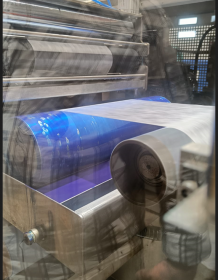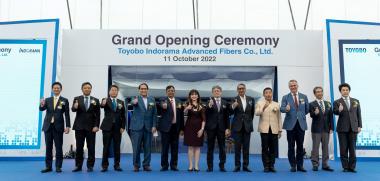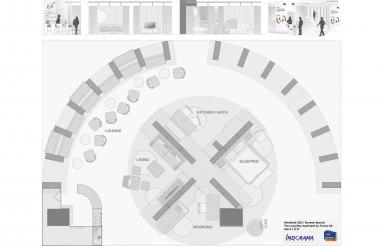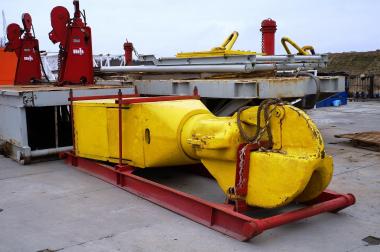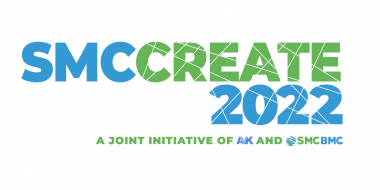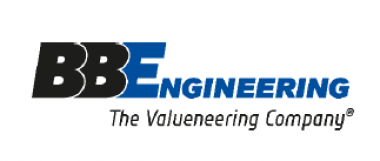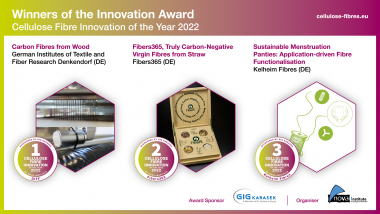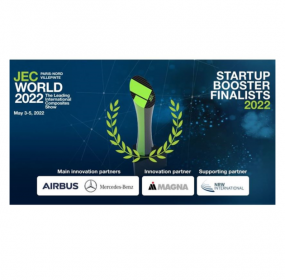Composites made by ITA at JEC World 2023
- Less C02 emissions + sustainable + recyclable
Sustainability first - this is the principle of the Institut für Textiltechnik (ITA) of RWTH Aachen University at JEC World 2023. ITA combines various lightweight construction technologies to reduce C02 and to use renewable and/or recyclable raw materials.
ITA presents innovations in the production of reinforcing fibres and in the textile processing of high-modulus fibres. It also shows the impregnation of high-modulus fibres with thermosetting and thermoplastic matrix systems.
ITA will be exhibiting in hall 6 together with Textechno, Mönchengladbach, Germany, textile testing equipment and Maruhachi Fukui, Japan, Thermoplastic Composite Material Systems. The Interreg AACOMA project will also be presented at the stand.
ITA Institut für Textiltechnik of RWTH Aachen






